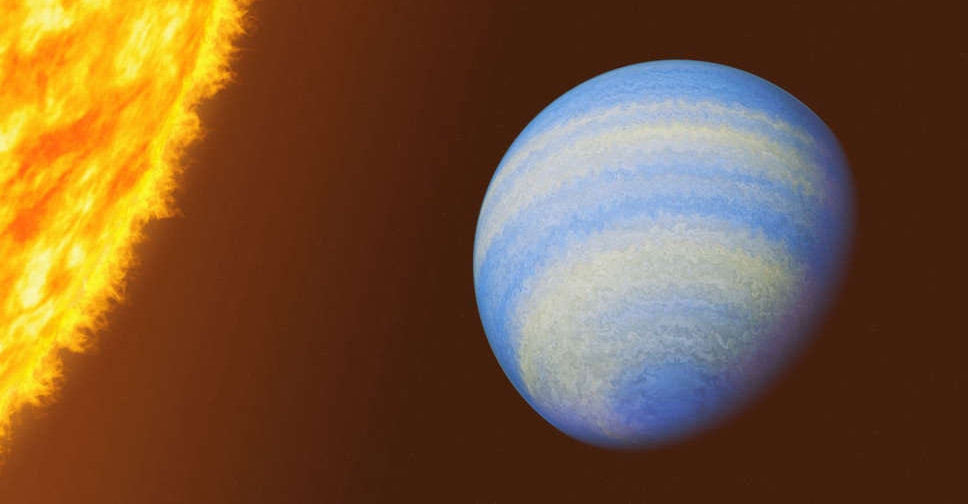
The planet known as HD 189733b, discovered in 2005, already had a reputation as a rather extreme place, a scorching hot gas giant a bit larger than Jupiter that is a striking cobalt blue color and has molten glass rain that blows sideways in its fierce atmospheric winds. So how can you top that?
Add hydrogen sulfide, the chemical compound behind the stench of rotten eggs. Researchers said on Monday new data from the James Webb Space Telescope is giving a fuller picture of HD 189733b, already among the most thoroughly studied exoplanets, as planets beyond our solar system are called. A trace amount of hydrogen sulfide was detected in its atmosphere, a first for any exoplanet.
"Yes, the stinky smell would certainly add to its already infamous reputation. This is not a planet we humans want to visit, but a valuable target for furthering our understanding of planetary science," said astrophysicist Guangwei Fu of Johns Hopkins University in Baltimore, lead author of the study published in the journal Nature.
It is a type called a "hot Jupiter" - gas giants similar to the largest planet in our solar system, only much hotter owing to their close proximity to their host stars. This planet orbits 170 times closer to its host star than Jupiter does to the sun. It completes one orbit every two days as opposed to the 12 years Jupiter takes for one orbit of the sun.
In fact, its orbit is 13 times nearer to its host star than our innermost planet Mercury is to the sun, leaving the temperature on the side of the planet facing the star at about 1,700 degrees Fahrenheit (930 degrees Celsius).
"They are quite rare," Fu said of hot Jupiters. "About less than one in 100 star systems have them."
This planet is located 64 light-years from Earth, considered in our neighborhood within the Milky Way galaxy, in the constellation Vulpecula. A light-year is the distance light travels in a year, 9.5 trillion km.
"The close distance makes it bright and easy for detailed studies. For example, the hydrogen sulfide detection reported here would be much more challenging to make on other faraway planets," Fu said.
"While we are not searching for life on HD 189733b - it is too hot, made up mostly of hydrogen and helium, it's not like Earth, et cetera - understanding its atmosphere allows us to understand how physics and chemistry behave under different environments and to begin to put together the 'recipe' for forming planets."



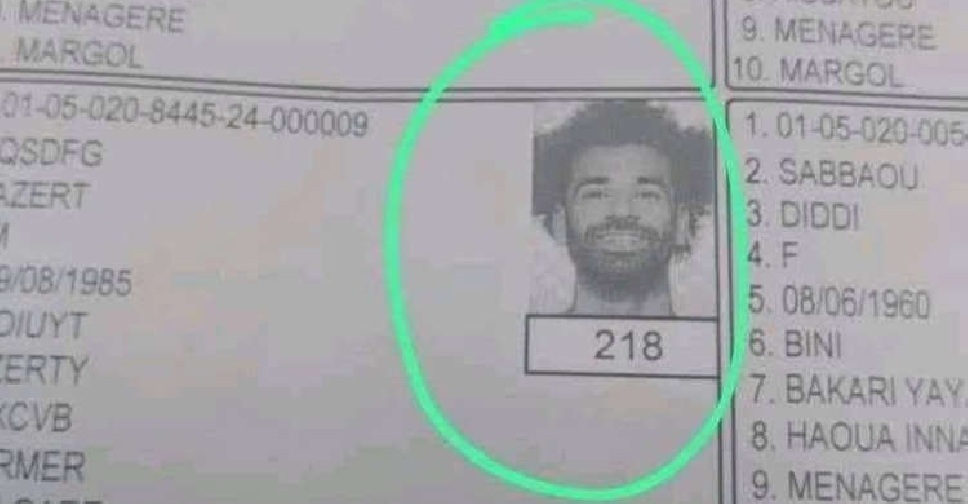 Mo Salah for President? Cameroon finds interesting electoral candidate
Mo Salah for President? Cameroon finds interesting electoral candidate
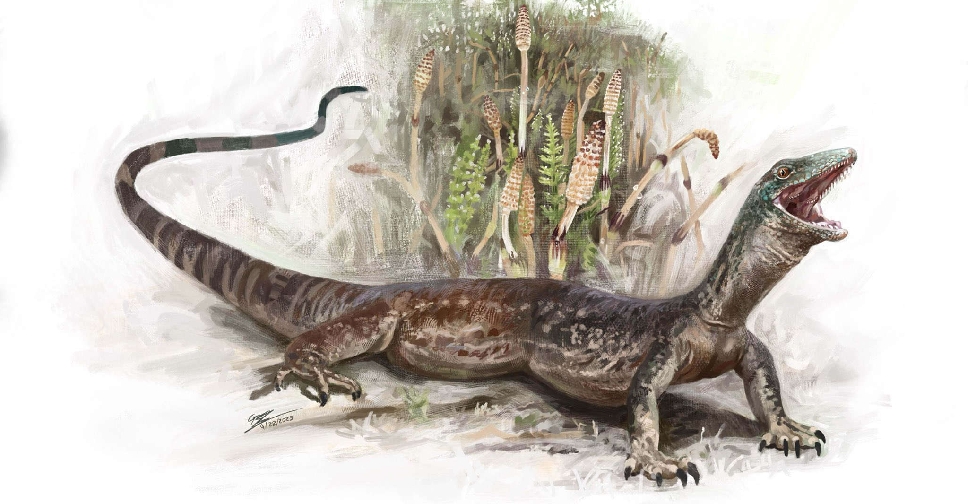 Enigmatic Jurassic reptile looks like a mix of snake and lizard
Enigmatic Jurassic reptile looks like a mix of snake and lizard
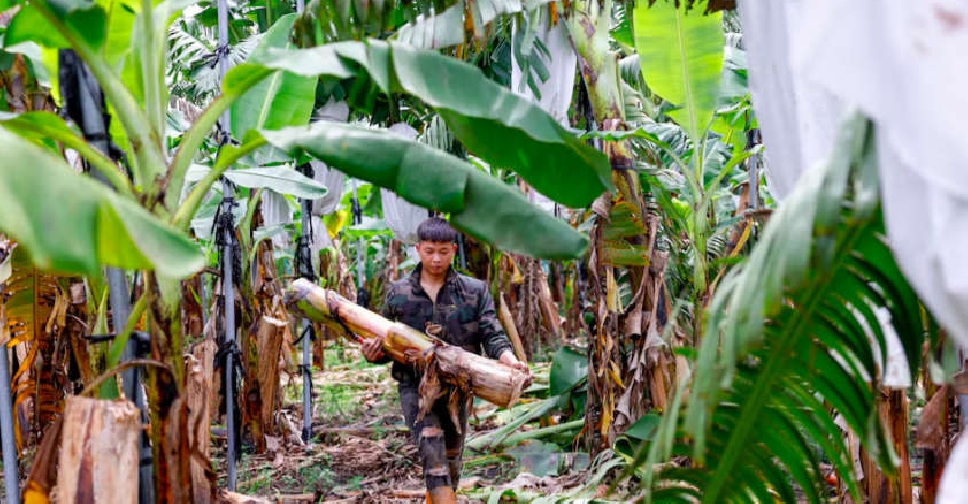 Bananas? Taiwan entrepreneur wants to make clothes out of plant material
Bananas? Taiwan entrepreneur wants to make clothes out of plant material
 Popular Gaza ice cream parlour stirs nostalgia with first UAE branch
Popular Gaza ice cream parlour stirs nostalgia with first UAE branch
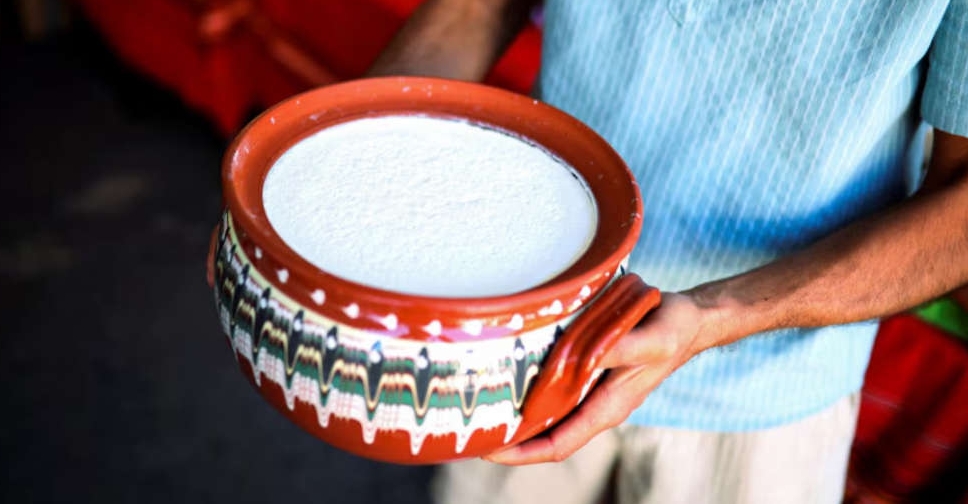 Bulgarian village draws Chinese tourists for its famed yoghurt
Bulgarian village draws Chinese tourists for its famed yoghurt







